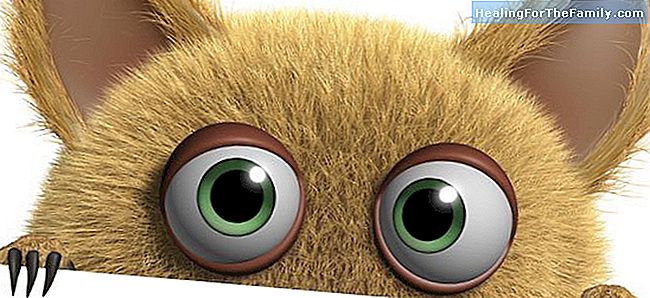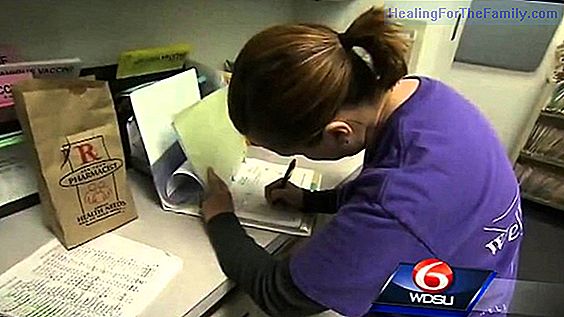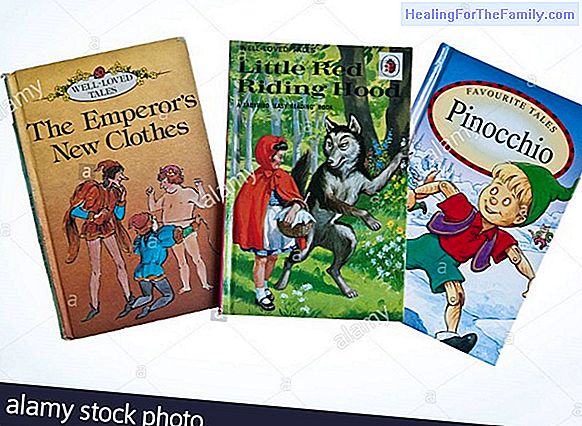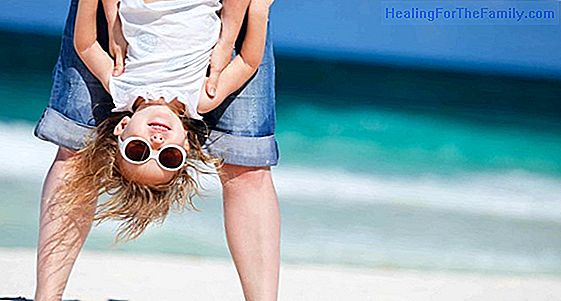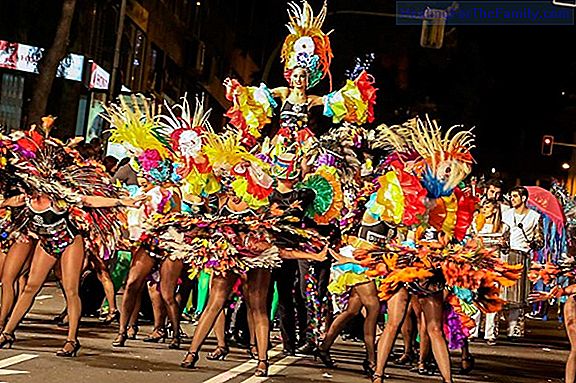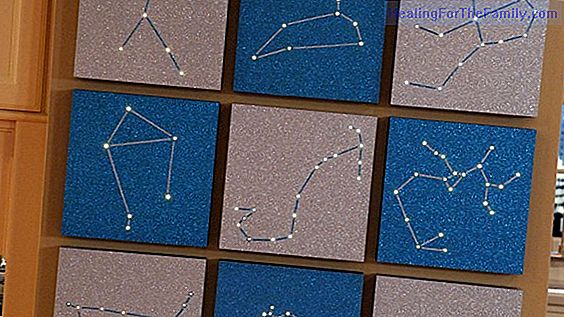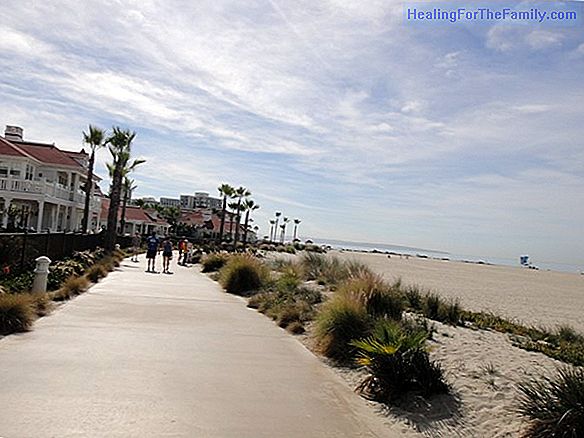Food guide for pregnant women
During the 40 weeks of pregnancy you will have to be more careful with your diet than in other stages of your life. Pregnant women can transmit certain illnesses or infections through food to their children. In addition, everything that you eat will help the development and growth of the baby and al
During the 40 weeks of pregnancy you will have to be more careful with your diet than in other stages of your life. Pregnant women can transmit certain illnesses or infections through food to their children.
In addition, everything that you eat will help the development and growth of the baby and all the deficiencies in your diet during pregnancy, will therefore be accused by the baby. This guide of feeding during the pregnancy will help you to know what you should eat and the foods to avoid during the pregnancy.
Food guide: what you can eat pregnant
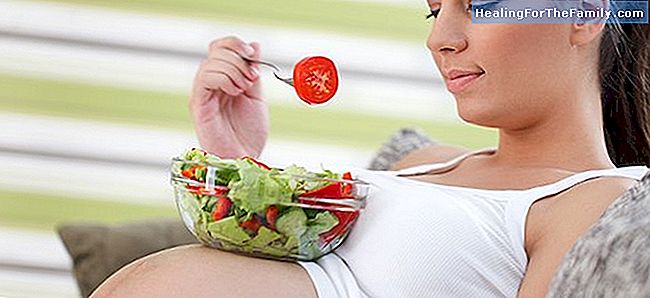
As a rule, always keep extreme hygiene with the food you eat. Wash all food products well, clean the kitchen and utensils well and if you are not sure of the good condition of some products, throw them away.
In your guide to pregnancy nutrition, you should take as a guide a balanced diet, varied and rich in nutrients, which are divided into five groups: carbohydrates, proteins, fats, vitamins and minerals.
- Carbohydrates must make up half of the food you eat per day: cereals, rice, bread or pasta.
- Proteins are present in lean meats, fish or eggs.
- Fats: you should not abuse them but do not eliminate them since some like olive oil or omega3 acids are good for the baby's neurological development.
- Vitamins: the gynecologist will prescribe a multivitamin supplement to guarantee the necessary contribution, but a good habit throughout the pregnancy is to drink fruit every day.
- Minerals: iron, zinc or potassium are highly recommended minerals during pregnancy. Iron is necessary for the production of red blood cells, a lack will generate anemia and will be treated by the obstetrician with a supplement.
Food guide: what you can not eat pregnant
During pregnancy there are foods that are harmful to the baby and that you should not include in your pregnancy feeding guide:
- Raw or undercooked meats. Meat and fish should be well cooked so you can eat them. Therefore, you must also avoid sausages and pâtés.
- Fish with a high level of mercury: swordfish, tuna or shark have high concentrations of mercury and can cause harm to the baby.
-Unpasteurized Dairy: the dairy products that you consume have had to undergo a process of heating to kill germs and bacteria called pasteurization, otherwise you could contain a bacterium called listeria that could be harmful for the good development of the baby.
- Alcohol is totally contraindicated during pregnancy as it affects the baby's neuronal development.
The foods that you should avoid during pregnancy
Finally, the feeding guide for pregnant women recommends not to take caffeine in excess. Caffeine can be consumed in small amounts, however, there are studies that confirm that an excess of caffeine in pregnancy interferes with the growth of the fetus. You can have a couple of coffees a day or a soft drink but remember that caffeine is also present in some medications and in chocolate.


